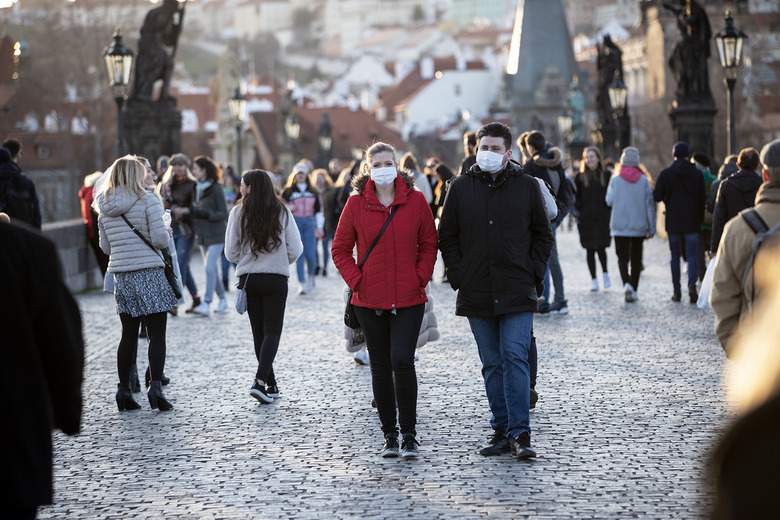WHO's Official Coronavirus Investigation Will Begin In January
- The highly anticipated WHO investigation of the coronavirus's origin will begin as soon as January 2021.
- An international team of 12-15 experts is expected to go on a six-week mission to China to investigate the origin of COVID-19.
- Planning is underway, and the health experts might depart soon after New Year's Day.
More than a year will have passed since the first coronavirus case was detected in Wuhan by the time a World Health Organization (WHO) team of experts heads to China to begin a formal investigation into its source the illness in January. We still don't have an explanation for the origins of the coronavirus outbreak that led to one of the worst pandemics in modern history. China has never shared any details about the virus's source other than the Wuhan market, where the virus supposedly jumped to humans from an unknown animal species. China changed that story in late May when it said the virus originated from elsewhere. Since then, we've watched China try to shift the blame on to other countries, from the US to Spain and Italy and then India and Bangladesh.
Health experts need to solve the coronavirus puzzle to better deal with the illness in terms of therapies, public health measures, and protocols to prevent similar outbreaks of pathogens residing in certain animal species in the future. The point is not to blame an entire nation for the health crisis, but China saw plenty of criticism for the lack of transparency in the early days of the Wuhan outbreak and the beginning of what would become a pandemic. Those decisions may have allowed the virus to spread faster and hindered the global response to COVID-19. Recent leaks revealed a dire situation in the early days of the Wuhan epidemic. They also indicated that China has done plenty of investigating of its own without sharing any of its findings with the rest of the world.
BGR's Top Deal of the Day
WHO experts went to China in late summer to iron out the details of its upcoming investigation, but they were not allowed to visit Wuhan at the time. Reports that followed explained that the WHO and China agreed they would conduct an investigation as soon as it was safe to do so. The investigation would have two phases, with WHO experts only coming to China for the second phase. In the first phase, Chinese researchers would collect data about the local outbreak. That was the initial description of the investigation plan.
The second phase of the investigation is now set to begin in China in the first week of January, Reuters reported on Thursday. The team will have 12 to 15 international experts, and the team will go to Wuhan. They will examine human and animal samples that Chinese researchers have collected.
The team will leave "just after New Year's" for a six-week mission, including two weeks of quarantine on arrival, according to Thea Fischer. The Danish team member also said that "phase 1 was supposed to be completed by now, according to the terms of reference, and we should have some results. If that's what we get when we come to China...that would be fantastic. Then we are already in phase 2."
"I anticipate the mission will take place quite soon," Keith Hamilton told reporters on Tuesday. Hamilton is an expert at the World Organization for Animal Health (OIE).
"We hope the team will be able to travel in January," WHO spokesman Tarik Jasarevic told Reuters, adding that the international team is working on logistics arrangements for the trip to China.
Previous reports showed that there's still hope to identify the missing links in the coronavirus transmission to humans, despite the investigation delays. But there's no guarantee the WHO-China investigation would yield any conclusions. The WHO received its own fair share of criticism for failing to act more decisively in the weeks after announced the new illness.
"When we are doing animal surveillance, it's difficult, it's rather like looking for a needle in a haystack," Hamilton told Reuters. He said that a similar but not identical virus was identified in a horseshoe bat. That could be an indication the virus moved to a different animal before humans.
Reuters also notes that WHO's top expert in animal disease, Peter Ben Embarek said last month that the mission would like to interview market workers about how they were infected. "There is nothing to indicate that it would be man-made," he added. Conspiracy theories have said early in the pandemic that the virus was created in a lab or escaped from one. Scientists proved that the virus was not created in a lab, and there's a large consensus that the virus evolved in animal hosts.
